Dateline 4 March Sunday 2012, Raymond Goh after a grueling morning tour which stretched 3 hours, returns to Bukit Brown after lunch and scored a hat trick which helped connect relatives to their ancestors.
Tomb 1-
The family of a certain Mdm Fong Fon who died during the war. They family had contacted LTA who then advised them to contact me. They emailed me previously but I had not time to reply. So I decided to search for her the day before and found it, and today (Sunday) I saw them looking for graves at Blk 4 with some tomb keepers., Out of curiosity I approached them. They were looking for plot number 20. Bingo! It was the same tomb belonging to the same family who had emailed me. The plot number was indeed 205, but it was at Blk 3 Section .
Tomb 2 –
I was coming down from the Gan Eng Seng tomb when I encountered 3 people looking for their grandfather’s tomb. They had never been to their grandfather’s tomb but recalled their father telling them it was somewhere up a hill. They managed to obtain the tomb number from the burial register, it was Blk 3 Section B tomb 389. He was a certain Mr Ng who hailed from Tong Ann. I led them quite high up the steep hill, and when they saw their grandfather’s tomb they apologized to him for not visiting for a long time. They then informed him that if it had not been for a volunteer to guide them, (yours truly) they would never have found him, and they thanked the stars for this wonderful reunion.
Tomb 3 –
This was the third attempt of a request to locate the grave of a 17 year old woman Tan Lay Chee who died in 1932. Although the tomb address is Blk 3, Section C, 857, it was actually located at the very top of the hill, some where in Section B. I think for all of us, each and every tomb in Bukit Brown is precious, whether big or small, poor or rich, for it means something special to someone out there. It was third time lucky as they say, but sometimes the spirit of Bukit Brown works in mysterious ways and my last tomb find of the day, enriched me greatly at the end of a long day.
text and photos by Raymond Goh
夹马异香 A Riddle From a Tomb At Bukit Brown
Contributed by Wang Cheng Min
While searching for the biggest grave at Bukit Brown, I chanced upon this grave, drawn to its unusual mirror- like stand .
I could not fathom the significance of the structure. And moved on to look for clues in the 2 pillars which flanked the tombstone and was stuck by the only two characters on each of the pillars.
The pillar on the left read 夹马 (squeeze the horse with your calves).
The pillar one on the right read异香 (extraordinary fragrance). I was wondering why 夹马异香 was used. It appeared to me that this could well be a riddle. But it had become far too hot to decipher what it means at Bukit Brown.
I studied the photographs of the pillars at home and came up with this answer:
走 (walk) is the answer for 夹马 (squeeze the horse with your calves to move the horse forward)
异香 (extraordinary fragrance) is from 八月放异香 – a riddle which 桂花is the answer. There is a classic song called “八月桂花遍地香” – ” August is the month for full boom of Osmanthus.” I therefore deduced that 八月 is the answer for异香.
Buy some good 桂花 tea to experience the unique fragrance of 桂花.
When I put 走 and 八月 together, it is 赵. 赵 – Zhao (Hanyu Pinyin) – the surname of the deceased’s husband.
夹马=走
异香=八月
走+八月=赵
The riddle夹马异香solved at last!
But the mirror, eludes me.
Editor’s postscript: A few days hours after Cheng Min posed his riddle on the facebook group he got word from a tomb keeper that clocks were once embedded in such mirror structures . But not this one; the mystery continues, tick tock tick tock tick tock
About Cheng Min: he loves reading ancient Chinese literature including books by Taiwanese Master Nam Huai Jin (南怀谨老师).
Ong Sam Leong (1857-1918)
The grandest and largest tomb site in Bukit Brown Cemetery lies on its tallest hill and covers an area of 600 square meters, roughly the size of ten, 3- bedroom HDB flats (public housing apartments). Seh Ong Hill was also known as Tai Yuan Hill (Tai Yuan Shan) as the Ong Clan (who initially bought the cemetery land) is believed to originate from Tai Yuan in Shanxi, China.
Buried here is Ong Sam Leong, a prominent and successful businessman who by the time of his death had built up a fortune, which consisted of large landed properties and business interests in Singapore, Malaysia and in the region.
Ong Sam Leong came from a humble background and had little education but a nose for business. He made his fortune when at just 29 years old, became the sole contractor to supply workers from China to work for a phosphate mining company on Christmas Island. Most of the labourers (coolies) were from Guangdong, China and their stopover before Christmas Island was the coolie houses in Pagoda Street in Chinatown. Ong also opened a sundry shop on the island to sell the workers supplies.
His businesses concentrated on construction-related industries including brickworks in Indonesia, sawmills in Singapore, timber concessions in Malaysia. He is recognised as a pioneer in building up the prosperity of Malaysia in the early 20th century.
The flagship company Ong Sam Leong & Co, was located in South Canal Road and North Bridge Road. Sam Leong Road – a stretch of about 200 meters long between Jalan Besar Road and Verdun Road in Little India – is named for him . During World War I, Ong contributed generously to fund-raising efforts of the patriotic movement of the Straits Chinese Community.
Socially, Ong was equally prominent and popular. He was for many years the President of the Bun Chye Ho Club, believed to be the oldest Chinese Club in Singapore. Ong was a hardworking man who kept himself busy till his last days. He was known to like motoring and sea trips. Before his death, he built a fine house in Bukit Timah Road called Bukit Rose. There he entertained friends on a lavish scale.
Ong Sam Leong’s two sons, Ong Boon Tat and Ong Peng Hock inherited their fathers’ fortune and his business acumen. The Ong brothers diversified into the entertainment business. Together with the Shaw Brothers they built the New World Theme Park in Jalan Besar in 1923. The park closed in 1987. Boon Tat Street in Telok Ayer is named after the eldest son.
Their mother, Ong’s wife, Yeo Hean Neo was related to a prominent family and known for her charitable work. In her obituary notice it was noted, “No one who has ever turned to her for help has ever been turned away empty handed.”
Ong died when he was 60 in 1918. His wife died in 1935 at the age of 73. She was buried beside her husband in a grand funeral. Their two sons, the Ong brothers are also buried in the same plot.
The burial grounds of the Ong family are designed on Feng Shui principles to bring forth abundance of wealth and plenty of children for the future generations.
There is a very big half-moon shaped granite flooring, known as the 明堂 (bright hall) whereby the auspicious qi (energy) can gather.
The surrounding moat of running water embraces the tomb.
Water is drained out through faucets incorporated as decorative statues on either side of the tomb
Among the many sculptures and carved panels on the site is the fully illustrated set of the 24 lessons on filial piety based on individuals who are paragons of filial piety, a virtue espoused by Confucius. (Contrary to popular belief, they were neither written nor collected by him.) There are a few extant versions of the 24 Exemplars; the one most commonly encountered dates from the Yuan Dynasty and is supposed to be compiled by the scholar Guo Jujing. (Here is a Teochew video explaining the exemplars.)
“Yu Qianlou Tasting His Father’s Stool out of Grave Concern for His Health”
It also incorporates the story of the Eight Immortals which carries lessons for a virtuous life of good deeds.
The earth deity or Tu Di Gong which protects the Sam Ong Leong cluster is often mistaken as another tomb because of its sheer size. The deity is better known as Tua Pek Kong.
The Ong Sam Leong grave site is marked as U in Blk 3 Div C on map. It can be tricky to locate because it’s hidden from view by lush vegetation and was in fact only recently rediscovered in the last decade.
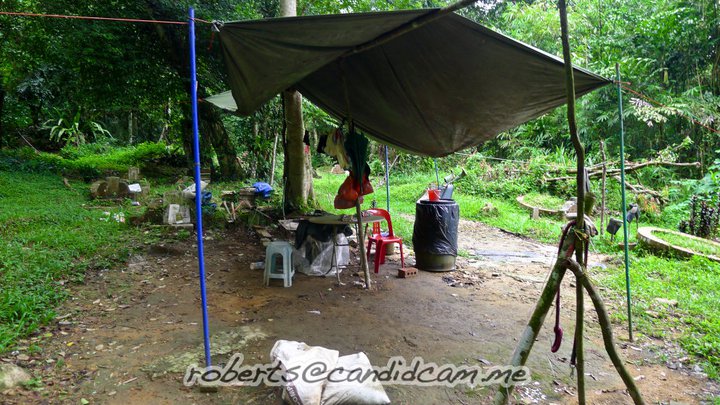
From the road, your landmark is a makeshift shed directly opposite the people trodden path uphill which leads to it.
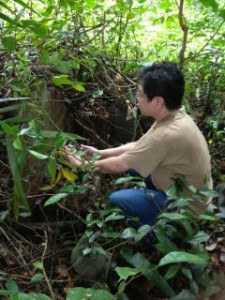
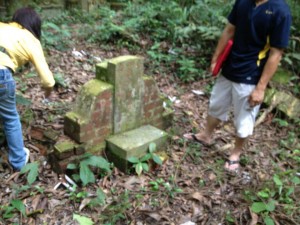
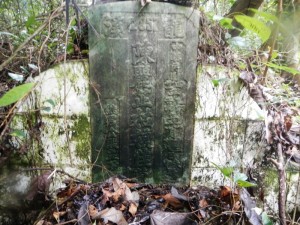




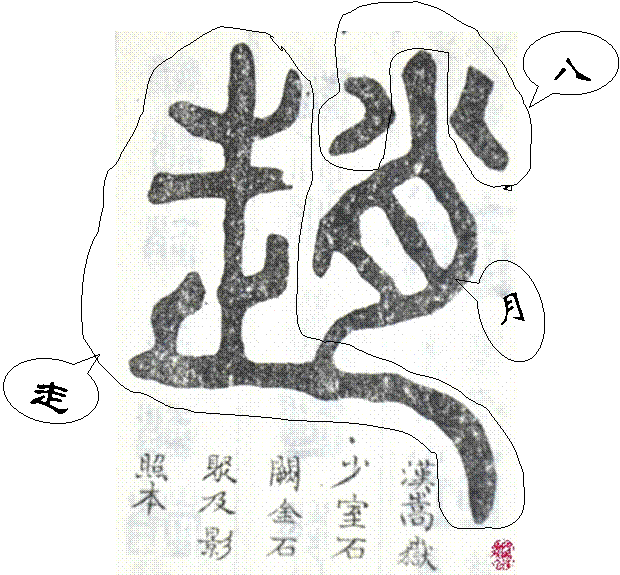
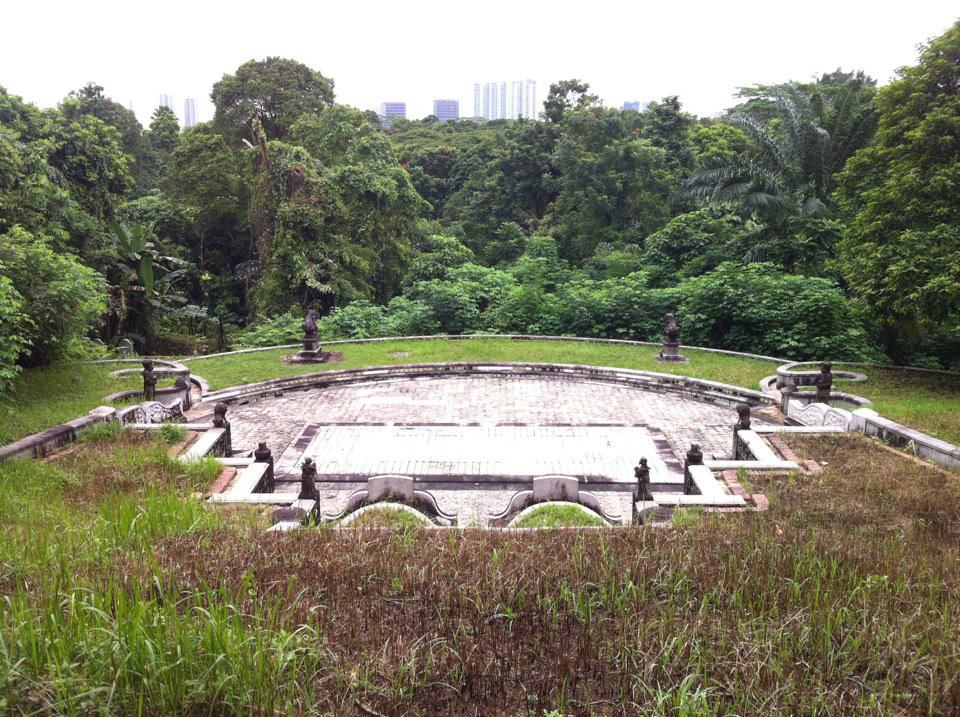
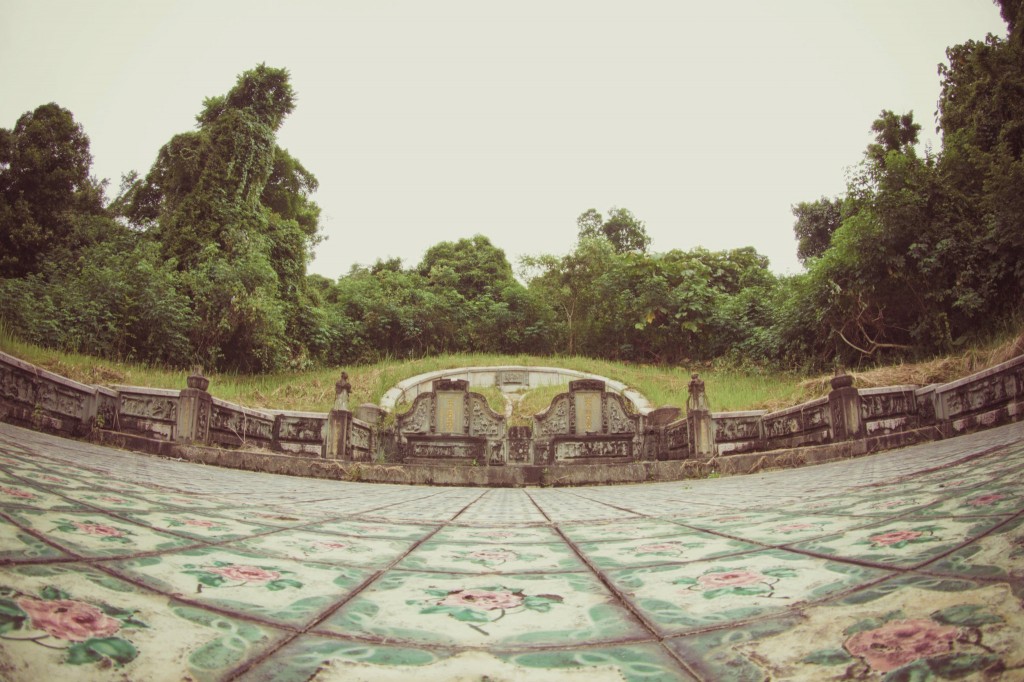
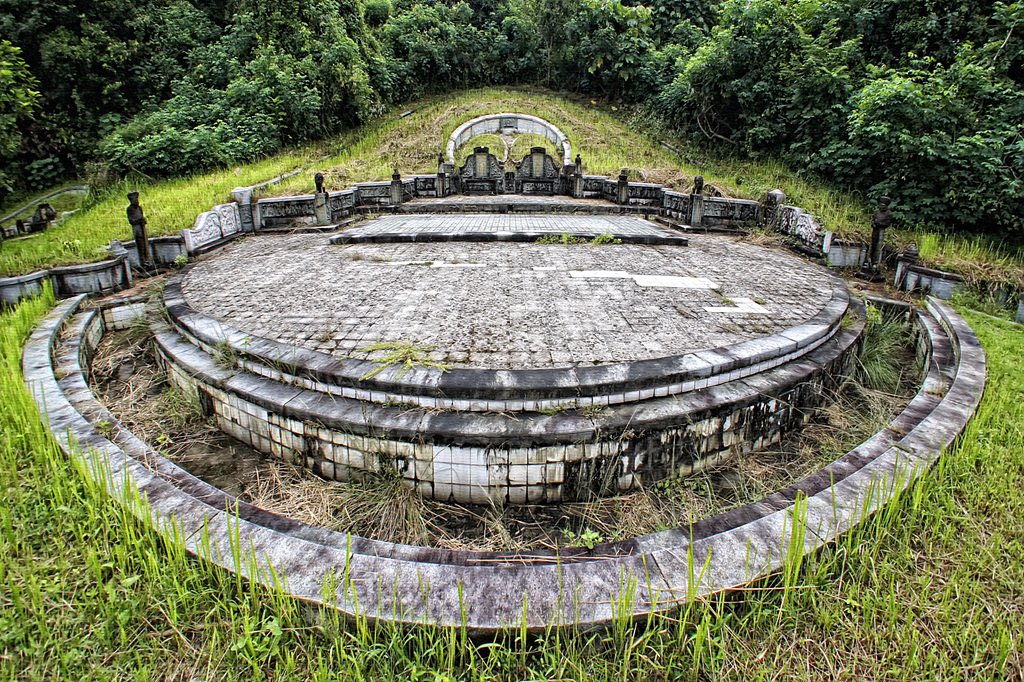

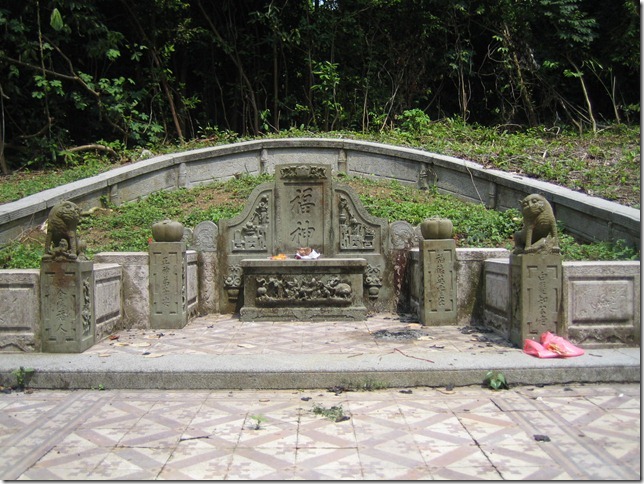
Recent Comments